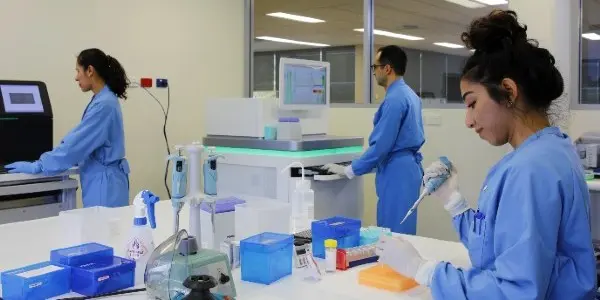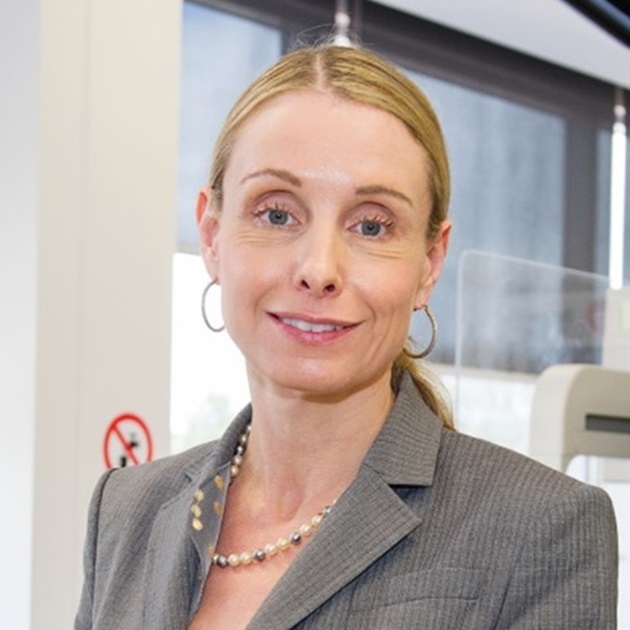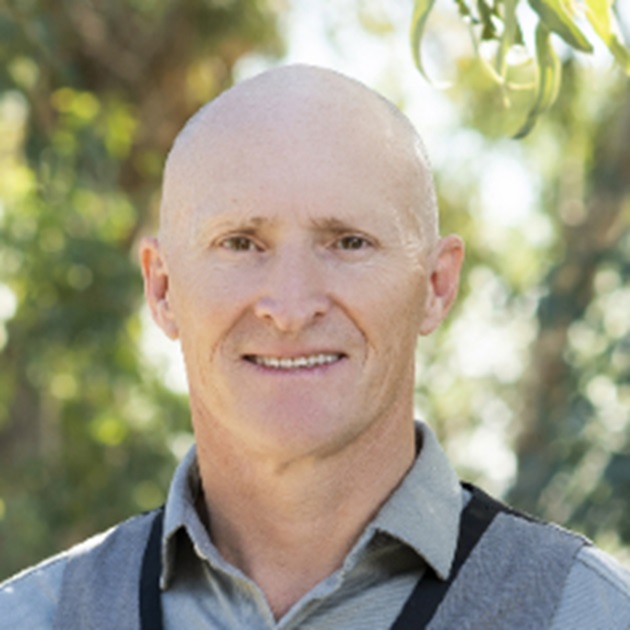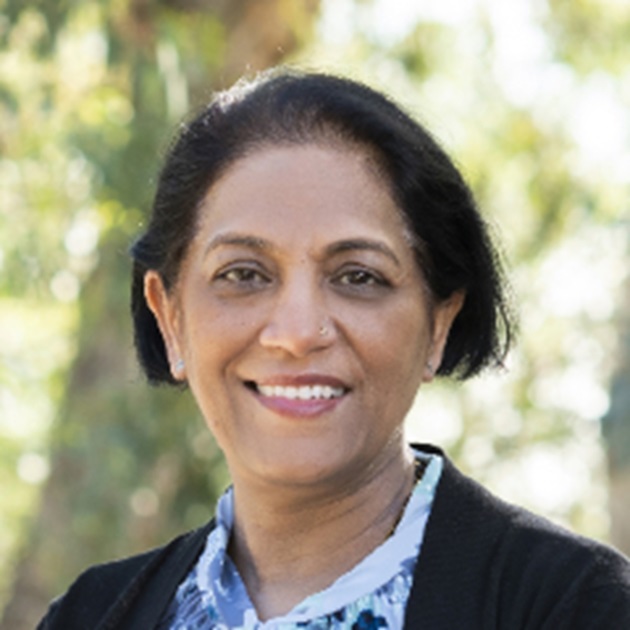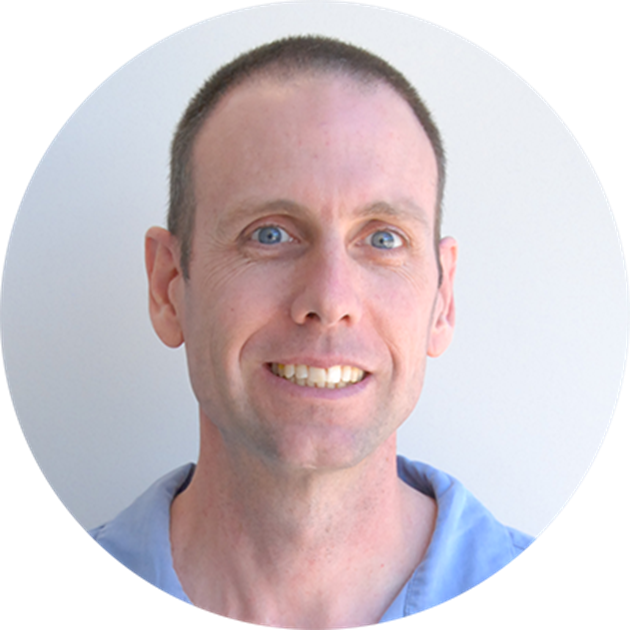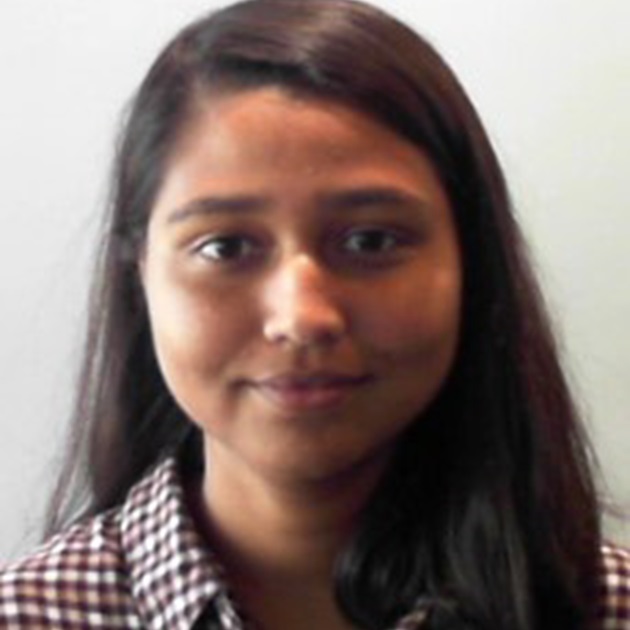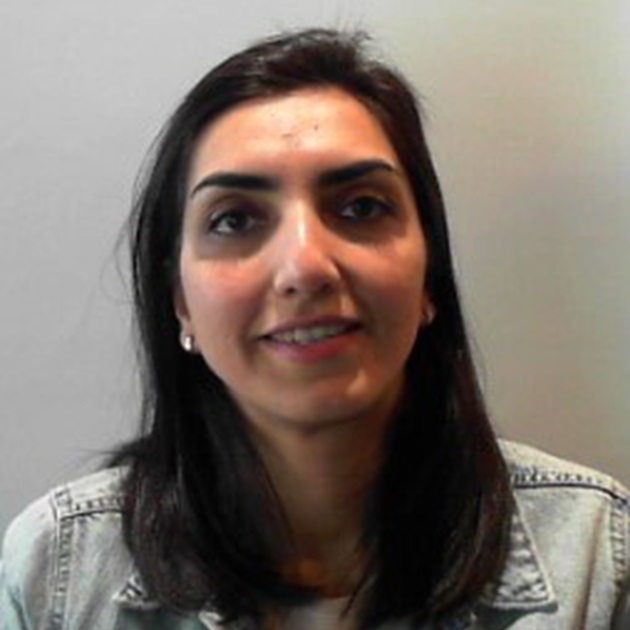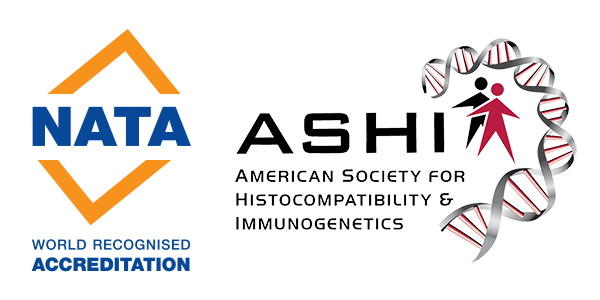
Accreditation
We have the largest array of technologies and workflows in our National Association of Testing Authorities (NATA) accredited scope. This enables high quality research to meet the strictest international standards and can support biopharma in translational clinical trials to meet international approval body requirements. Our facility is further accredited by the America Society for Histocompatibility and Immunogenetics (ASHI) demonstrating our commitment to the highest level of sample to data integrity.
Research areas supported
Our translational facility aims to produce clinical practice-altering outcomes for patients with chronic and acute diseases through supporting technologies across our core research and domain areas. We work with researchers and industry groups to meet their advanced genomics needs. We also support all research that has a need for advanced genomics technologies. We can assist you with every stage of your project needs from conception through funding application preparation and guide you through the most appropriate technology to effectively answer your clinical questions.
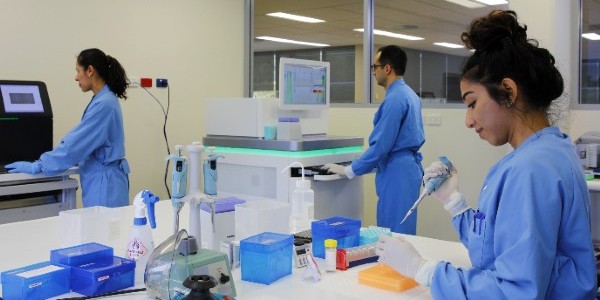
Sequencing Technologies
Our nucleic acid sequencing platforms include the Illumina NovaSeq 6000, MiSeq (reads up to 2 x 300 bp), Oxford Nanopore Technology (ONT) P2 and Promethion platforms. This includes whole genome sequencing, Exome sequencing, RNA-Seq and CITE-Seq, and other specialised bulk and single cell technologies such as the 10X Chromium X, BD Rhapsody and the 10 X Visium HD platform for spatial transcriptomics. We perform large numbers of TCR sequencing and targeted gene sequencing assays, including ASHI accredited HLA typing. We are also the WA state provider for Oxford Nanopore Technology (ONT) sequencing for long range sequencing projects and scaffolding (reads can be typically 15kb but can be100Kb plus under special prep conditions).
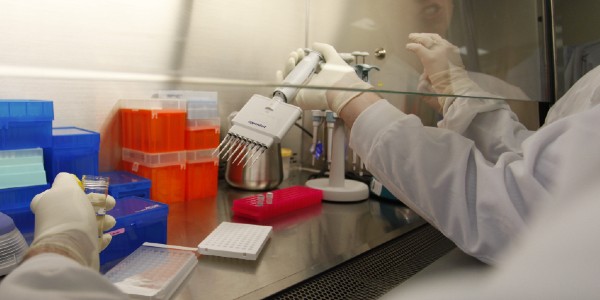
HLA Typing
We support medical researchers where immunology plays a pivotal role in disease with our ASHI accredited Human Leucocyte antigen genes (HLA) typing pipelines. Using our automation and custom LIMS system we have capacity to type large cohorts of samples to unambiguous, high resolution in a single pass. We offer Class 1 HLA A (Exon 2,3), B (Exon 2,3), C (Exon 2,3) and Class II DRB1,3,4,5 (Exon 2), DQB1 (Exon 2,3), DQA1 (Exon 2), DPB1 (Exon2) exon specific typing that resolves Alleles to four or more digit typing levels covering coding region allelic variation.
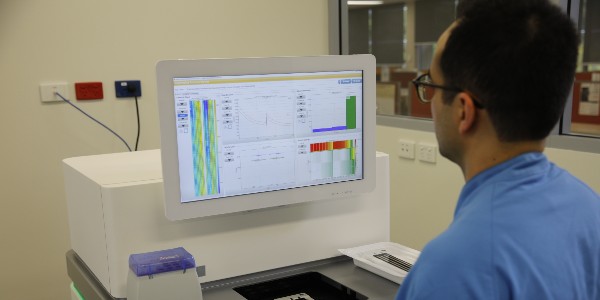
Functional assays
We specialise in medical genomics to identify underlying genetics to then test target biomarkers for their clinical utility. As we discover new genetic signatures we innovate to develop functional assays that can be performed at minimal costs for clinical evaluation. We are also developing assays relevant to our focus research areas where there is clear clinical knowledge gap for example we are developing new assays to detect protein aggropathies relevant to neurological decline to detect them earlier before the onset of neurological damage and allow early treatment to prevent disease for those likely to be affected.
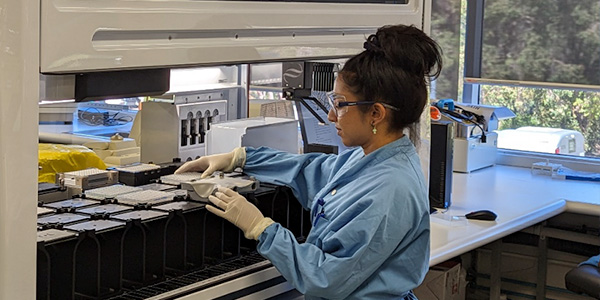
Automation platforms
Our large suite of workflow automation platforms are integral to our high throughput workflows and eliminate human handling errors for high throughput needs. We have suite of Beckman Coulter i7 and FxP platforms, Formulatrix Mantis and ThermoFisher Kingfisher as well as ancillary support platforms for plate based assays , Promega GlowMax and Tecan Hydrospeed systems.
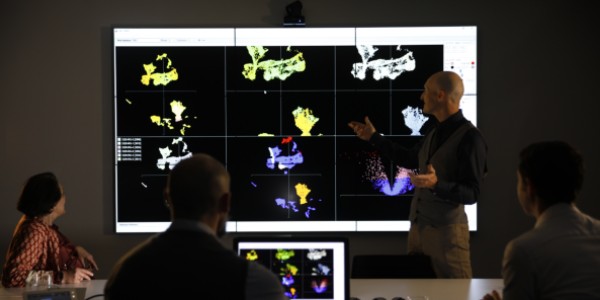
ERAP Genotyping Assay
Our lab delivers sequence-based typing using the Miseq Illumina platform to target single nucleotide polymorphisms (SNP) for Endoplasmic Reticulum Aminopeptidase 1 and 2 genes. For next-generation sequencing, multiple indexed amplicons are pooled together using our custom LIMS and advanced liquid handling systems, that allows sample tracking and maintains data integrity. Sequencing of the amplicons is followed by identification of the specific SNP variants using in-house developed data visualisation and analysis software.
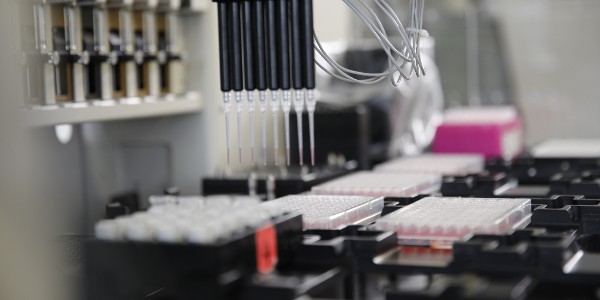
KIR Genotyping
We provide gene presence/absence typing for Killer-cell Immunoglobulin-like Receptors (KIR) genes and can also perform more in depth typing of KIR using next-generation sequencing to give full allelic typing across the KIR locus. We have the capacity to type large cohorts of samples to high resolution for 14 gene loci, encoded within a 100-200 Kb region of the Leukocyte Receptor Complex.
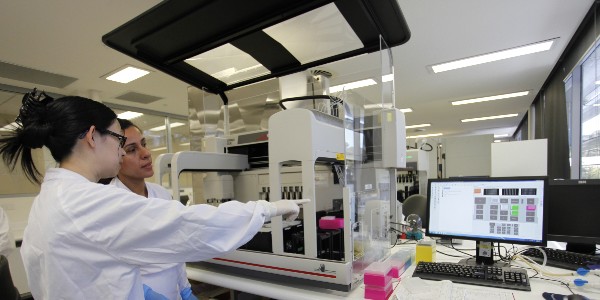
Bulk TCR Assay
The Bulk TCR assay is an adaptation of our single cell TCR assay, based on cell populations or total RNA . This assay is set up for large number of cells (5k-40k) cells directly sorted into our proprietary lysis buffer or from RNA extracted from PBMCs or sorted T cells of interest. The assay also utilises the Smartseq approach using special primers containing Unique Molecular Indexes (UMI’s) to account for PCR duplicates and amplification bias.
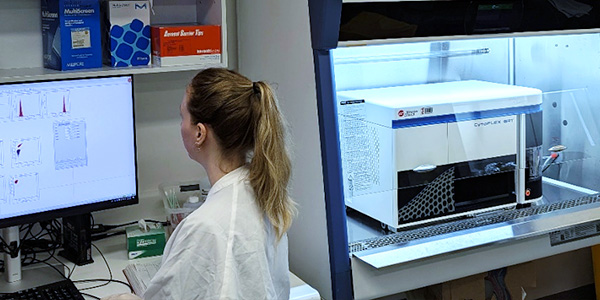
Flow Cytometry
We have invested in flow cytometry to enable sorting of cell populations to aid in genomic analysis and support biomarker discovery. Our latest flow sorter is the Beckman Coulter Cytoflex SRT that we have contained in a certified Class II hood in a PC2 certified facility to enable sorting of an array of potentially infectious samples.
Key research domains supported
The key domain areas we support are headed by world leading clinical academic researchers working to translate research and produce clinical practice-altering outcomes for patients and drive the new innovations in the facilities core capabilities. These are headed by research groups that have been instrumental in the development of the facility and its capabilities.
- Drug hypersensitivity
- HIV viral sequencing
- HIV immunobiology
- MS immunobiology
- Myositis immunobiology
- Cancer & cancer immunogenomics
- Bacterial genome sequencing
- Viral genome sequencing
- Parkinson's Disease
- Neurogenetics & Psoriasis
- Motor Neurone Disease
- Other diseases inc. Dementia
Facility Staff
News from the facility
Contact us
Medical Genomics Facility
Phone
+61 8 9360 1330
Email
contact-mgl@murdoch.edu.au
Location
Building 390
Discovery Way, 90 South Street

